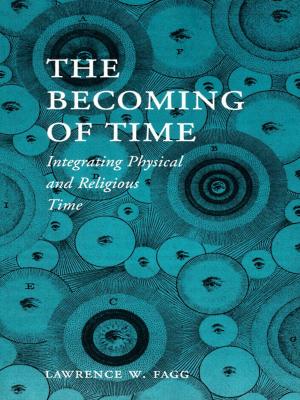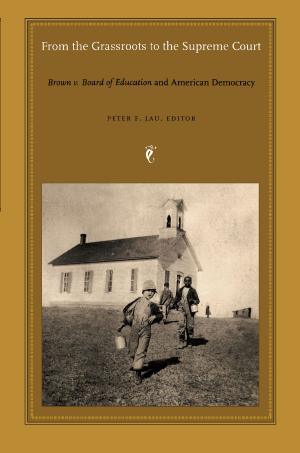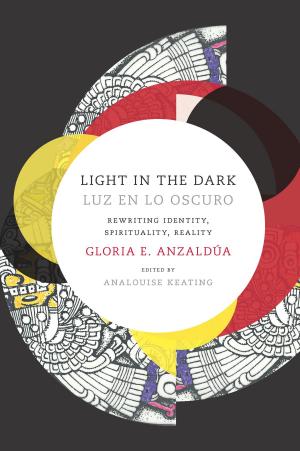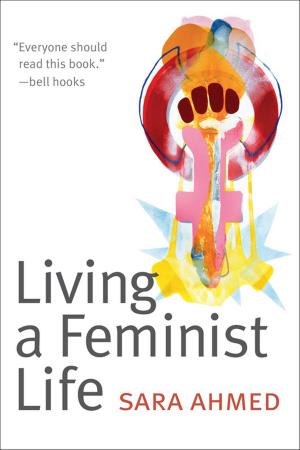The Color of Sex
Whiteness, Heterosexuality, and the Fictions of White Supremacy
Fiction & Literature, Literary Theory & Criticism, American| Author: | Mason Stokes, Donald E. Pease | ISBN: | 9780822380870 |
| Publisher: | Duke University Press | Publication: | February 8, 2001 |
| Imprint: | Duke University Press Books | Language: | English |
| Author: | Mason Stokes, Donald E. Pease |
| ISBN: | 9780822380870 |
| Publisher: | Duke University Press |
| Publication: | February 8, 2001 |
| Imprint: | Duke University Press Books |
| Language: | English |
In The Color of Sex Mason Stokes offers new ways of thinking about whiteness by exploring its surprisingly ambivalent partnership with heterosexuality. Stokes examines a wide range of white-supremacist American texts written and produced between 1852 and 1915—literary romances, dime novels, religious and scientific tracts, film—and exposes whiteness as a tangled network of racial and sexual desire. Stokes locates these white-supremacist texts amid the anti-racist efforts of African American writers and activists, deepening our understanding of both American and African American literary and cultural history.
The Color of Sex reveals what happens when race and sexuality meet, when white desire encounters its own ambivalence. As Stokes argues, whiteness and heterosexuality exist in anxious relation to one another. Mutually invested in “the normal,” they support each other in their desperate insistence on the cultural logic of exclusion. At the same time, however, they threaten one another in their attempt to create and sustain a white future, since reproducing whiteness necessarily involves the risk of contamination
Charting the curious movements of this “white heterosexuality,” The Color of Sex inaugurates a new moment in our ongoing attempt to understand the frenzied interplay of race and sexuality in America. As such, it will appeal to scholars interested in race theory, sexuality studies, and American history, culture, and literature.
In The Color of Sex Mason Stokes offers new ways of thinking about whiteness by exploring its surprisingly ambivalent partnership with heterosexuality. Stokes examines a wide range of white-supremacist American texts written and produced between 1852 and 1915—literary romances, dime novels, religious and scientific tracts, film—and exposes whiteness as a tangled network of racial and sexual desire. Stokes locates these white-supremacist texts amid the anti-racist efforts of African American writers and activists, deepening our understanding of both American and African American literary and cultural history.
The Color of Sex reveals what happens when race and sexuality meet, when white desire encounters its own ambivalence. As Stokes argues, whiteness and heterosexuality exist in anxious relation to one another. Mutually invested in “the normal,” they support each other in their desperate insistence on the cultural logic of exclusion. At the same time, however, they threaten one another in their attempt to create and sustain a white future, since reproducing whiteness necessarily involves the risk of contamination
Charting the curious movements of this “white heterosexuality,” The Color of Sex inaugurates a new moment in our ongoing attempt to understand the frenzied interplay of race and sexuality in America. As such, it will appeal to scholars interested in race theory, sexuality studies, and American history, culture, and literature.















